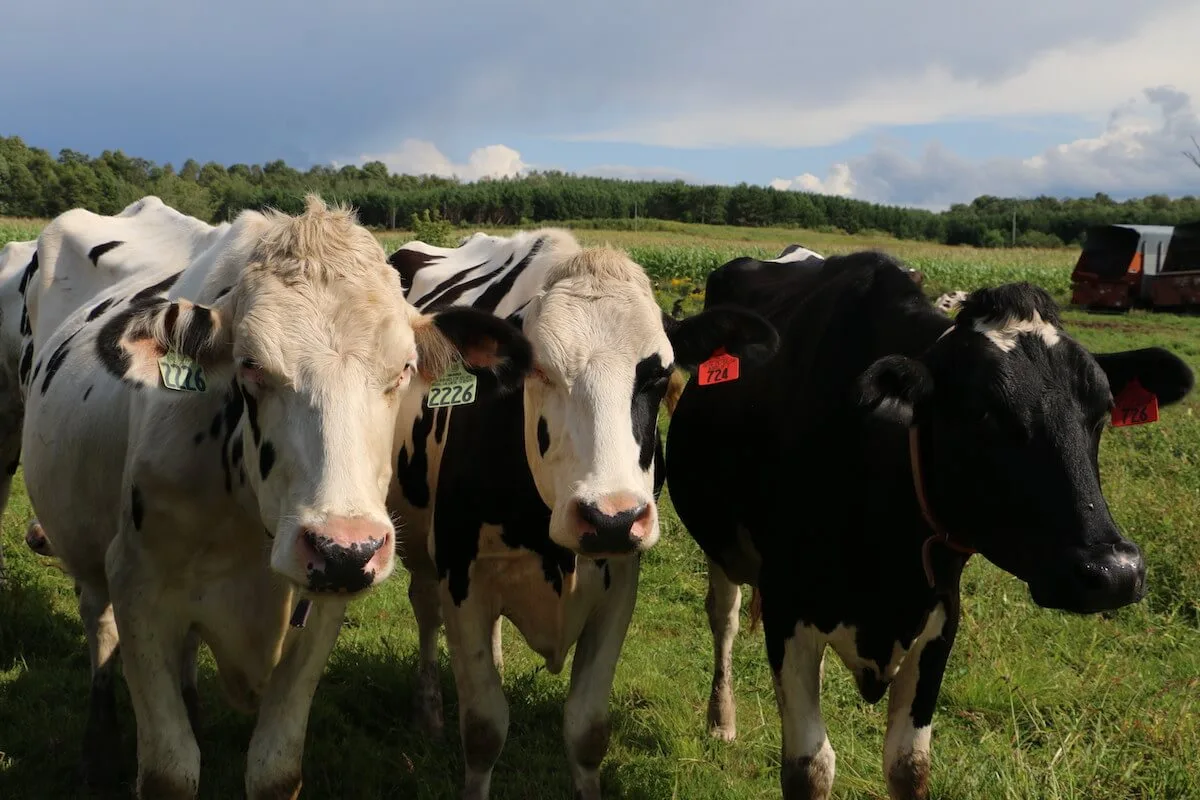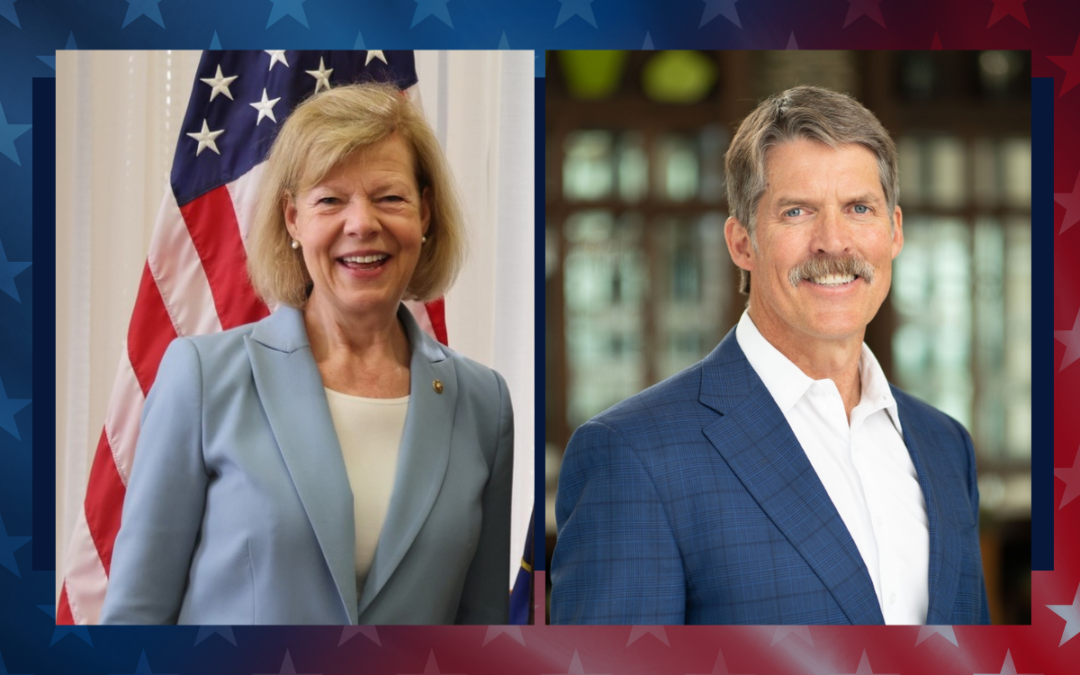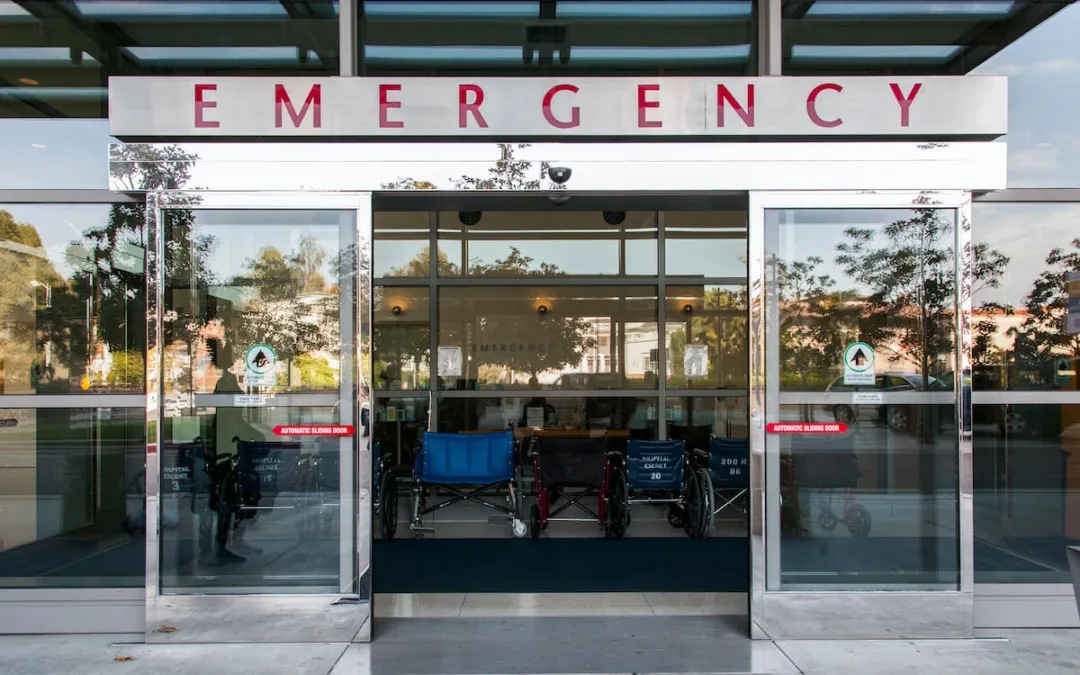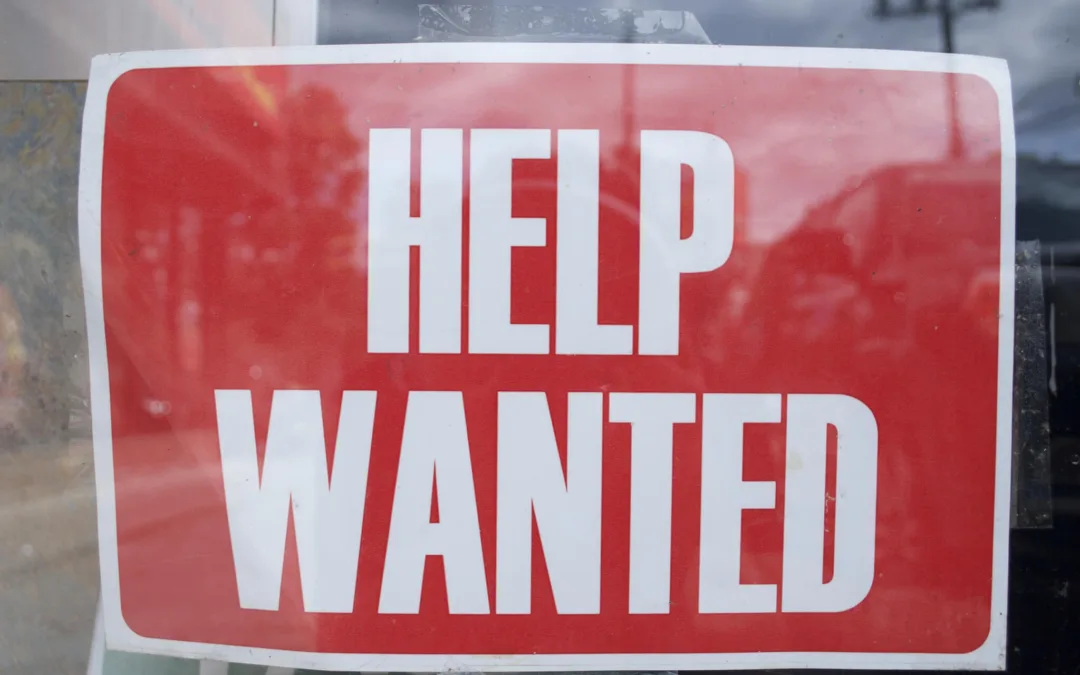
#image_title
#image_title
COVID-19 exacerbating problems that existed prior to pandemic.
As businesses reopen and other activities resume across Wisconsin even while the coronavirus pandemic continues, analysts predict agriculture and other sectors of the state’s rural economy are likely to continue to struggle for some time.
During an online discussion of issues affecting agriculture in Wisconsin Thursday sponsored by WisPolitics, four panelists said farmers are likely to face ongoing financial challenges even as cases of the virus diminish and the economy transitions toward a new normal.
The pandemic has caused the worst economic shock in recent history, UW-Madison economist Ian Coxhead said, “and that is going to endure for a very long time.”
Farmers already were struggling in recent years, as relatively low milk and grain prices forced many to operate in the red and take on more debt. When coronavirus hit the state in March and caused a shutdown of most businesses and other activities, it limited the available markets and hindered the supply chain many farmers relied on to sell their products.
Some of those sales are being reinstated as businesses reopen, panelists said, but that process has been relatively slow as cases of COVID-19 have continued to occur. As of Thursday 21,926 state residents had tested positive for the virus and 682 had died.
Coxhead was critical of much of the U.S. policies during the pandemic, saying the federal government “has not contained COVID-19 very well,” making business reopenings more challenging because of continued fears of the spread of the virus.
In addition, he said, while the federal government has approved funding to farmers and other businesses to help them through current economic challenges, it has not been enough to jump start the rural economy.
“What we need is more than just Band-Aids,” Coxhead said.
Many farmers and businesses most in need of assistance amid COVID-19 struggles did not receive it because of application problems with the Paycheck Protection Program that excluded many.
Panelists discussed the need for improving broadband access in rural Wisconsin. Gaps in reliable internet service in those regions hinder the ability of farmers and other businesses to operate in a world in which technology plays an increasing role.
State Sen. Janis Ringhand, D-Evansville, said the Legislature increased funding to boost internet capacity across the state, but more improvements are needed. Calls for broadband upgrades in rural regions have been made for the past decade, but significant areas without adequate coverage remain.
“Even where I live in southern Wisconsin, we have a lot of dead zones all over the place,” said Ringhand, a member of the Senate Agriculture Committee.
For farmers to remain in business long term, they must be able to make a profit, said Dan Smith, president and CEO of Cooperative Network, an organization that advocates for cooperatives in the state.
“Farmers can’t keep cutting costs and getting more efficient,” Smith said. “Anybody who is still farming has already done that. There is little way out of this without profitability.”
Cal Dalton grows crops and raises cattle on his farm near Endeavor. He said he planted less corn and more soybeans and hay this spring in an effort to try to make a profit on his crops this year.
Many farmers left the business several years ago when product prices bottomed out, he said, and the prospect of profitability is needed to attract people to the profession in the future.
“We’ve got to get back to profitability,” he said.
How to create a system in which more farmers can turn a profit remains an ongoing challenge, Ringhand said. In her district alone, she said, farms range in size from an 8,000-cow CAFO to a small dairy with just 50 cows.
“We do need to try to find a way to address the needs of both of those farmers and everyone in between. We have not done that,” she said. “Where we end up with it all is going to take some time.”
Politics

What’s the difference between Eric Hovde and Sen. Tammy Baldwin on the issues?
The Democratic incumbent will point to specific accomplishments while the Republican challenger will outline general concerns he would address....

Who Is Tammy Baldwin?
Getting to know the contenders for this November’s US Senate election. [Editor’s Note: Part of a series that profiles the candidates and issues in...
Local News

Stop and smell these native Wisconsin flowers this Earth Day
Spring has sprung — and here in Wisconsin, the signs are everywhere! From warmer weather and longer days to birds returning to your backyard trees....

Your guide to the 2024 Blue Ox Music Festival in Eau Claire
Eau Claire and art go hand in hand. The city is home to a multitude of sculptures, murals, and music events — including several annual showcases,...




